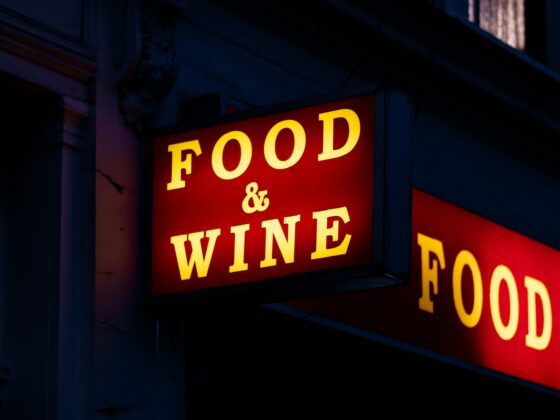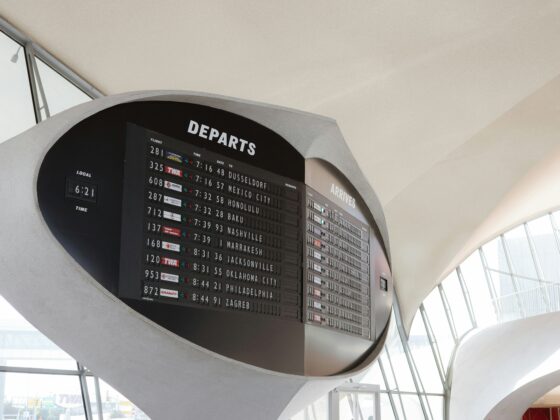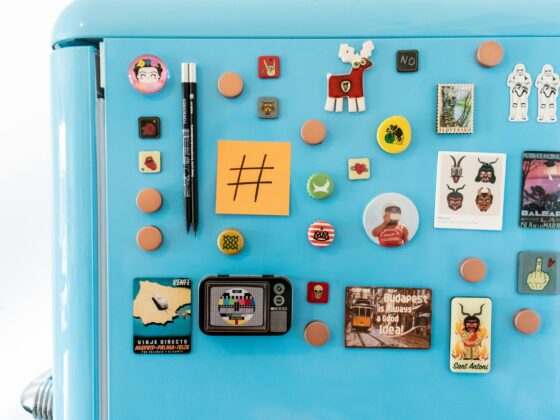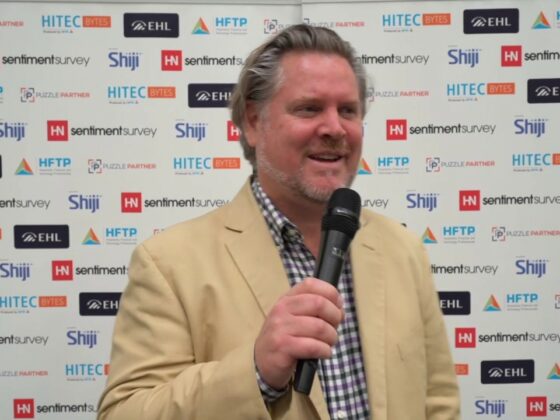One man’s trash is another man’s treasure?
While Airbnb just removed categories from its platform, Marriott is going the other way, adding them. Their new site, Marriott Bonvoy Outdoor, is all about outdoor activities, tapping into what looks like the big trend for 2025. It’s a shift from 2024, which was more focused on residences and long stays.
This move reflects how travelers are changing what they want. It’s less about sitting still and more about blending travel with movement, wellness, and nature. Instead of just relaxing, people are chasing what you could call “travel maximizing”, packing trips with memorable, high-impact experiences. Think slow travel, digital detox, sports tourism. All of it fits neatly with the growing focus on sustainability and wellness in hospitality.
Travel is always the example used in every AI presentation. Yet, when it comes to real-world use, it’s still not working as promised.
recently posted a tweet about car dealerships that struck me as very relevant for hospitality. Every new piece of hotel AI tech today promises the same things: more personalization, deeper insights into guest behavior, and of course, more revenue from these supposedly long-lasting relationships.
But there’s one problem: AI only works if it has data. Real data. First-party data. And that’s both hard to collect and often wasted. Even when hotel staff manage to uncover useful insights about guests, they rarely do anything with it. That information disappears as quickly as it was found.
Why? Because hotels (like car dealerships) tend to focus all their energy on the sales moment, not the pre-sale relationship. Staff are incentivized with commissions to upsell a room or a service, short-term wins, rather than to gather the information that could build long-term loyalty. Until that mindset shifts, AI tools in hospitality won’t live up to the hype.
Let me give a personal example. I’m in Portland, Oregon right now, checking if the city truly lives up to its foodie reputation. I asked ChatGPT to design a restaurant itinerary based on what it “knows” about me. Most of the recommendations were closed or simply nonexistent. On the other hand, I asked Matt Rodbar, who has actually spent time talking to Portland chefs on his podcast, and he immediately gave me two fantastic suggestions. I tried both, and they were spot on.
For now, curators and gatekeepers still beat AI-generated recommendations. That might change in the future, but today, a trusted human guide is still worth more than a machine prediction.
If you ask me, mayors of cities like Paris or New York should be elected based on their belly list rather than their campaign program. Where they actually eat, where they are regulars, says more about their personality and their connection to the city than any staged photo-op in a random pizza joint with.
Take Mamdani in New York. The fact that he takes meetings in the same restaurant where he once tried to launch his rap career is a baller move. In contrast, Nicolas Sarkozy lost serious aura points in France when he celebrated his presidential win at the ultra-elitist restaurant Fouquet’s. Some say that disconnect with the public may have even cost him re-election.
And if we’re talking about food and politics, the GOAT has to be Jacques Chirac. Seeing him at the Salon de l’Agriculture was something else: Drinking white to red wine and every color in between, as long as there was alcohol in it, starting as early as the trade show would let him in. Never saying no to meat and cold cuts. He knew how to live… that’s probably what killed him in the end.









